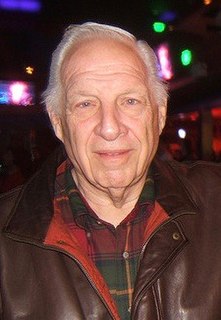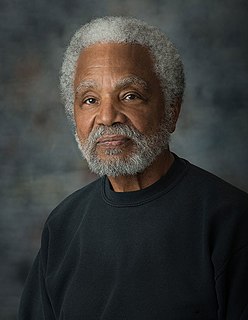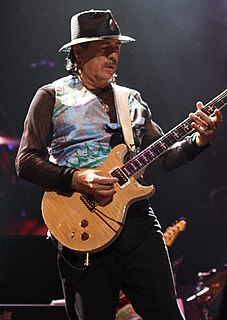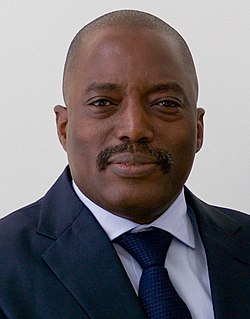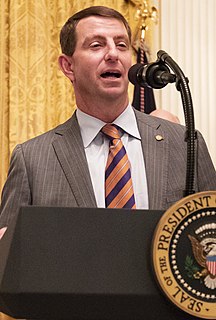A Quote by Henry Rollins
I remember when Martin Luther King was assassinated. I was up early watching television and watched the announcement. I didn't understand what the word 'assassinated' meant.
Related Quotes
When John Kennedy was assassinated I was twenty-three, a stockbroker on Wall Street and married, and I never ever thought that politics would be anything that I would be a part of. But I realized that I had to get involved. Then, when Martin Luther King was assassinated and the Vietnam War was raging, I felt that my world was falling apart. I had these two beautiful children - three and one - and I just said, "I have to make it better."
The president of the University said that night, congratulations to you the students, you've won a great victory, now the war will end. And I'm certain that he believed it that night and I believed it and we went away happy. Four days later, Martin Luther King was assassinated. Two months after that, Kennedy was assassinated. Two months after that, Henry Kissinger emerged from the swamp he was living in at Harvard with a plan to expand the war.
I remember when Martin Luther King was assassinated and riots broke out in the city. We celebrated Palm Sunday on 14th Street. I have a memory of walking down the street with buildings smoldering, and soldiers and cops everywhere. Anyways, it [St. Stephen’s] was a church that really taught me the things I needed to learn to not go to church. But I think it is a church that does great work, I went to a wedding there three days ago.
We talk about how hard it is now. But if we look back at the '60s, we actually had a president that was assassinated. We had riots, we had Vietnam, Martin Luther King, Malcolm X, the FBI, and the Black Panther war. There was so much happening at the time where it felt like America was coming apart at the seams.
Martin Luther King really was a safety valve for white people. Any time it appeared that the black community was on the verge of really doing what we ought to do based on having been attacked, they put Martin Luther King on television. He was always saying, "We must use nonviolence. We must overcome hate with love." White people loved that. That's why they gave him a Nobel Prize. But when Martin Luther King started condemning the Vietnam War, that's when white people turned against him.
I think all of us thought that by the '70s, at the latest the '80s, all the world's problems would be solved and everyone would be getting along fine. And instead we saw that Martin Luther King Jr. was assassinated that year, Robert F. Kennedy died. We saw that it was going to be a lot more difficult than I think we had thought.
The white man supports Reverend Martin Luther King, subsidizes Reverend Martin Luther King, so that Reverend Martin Luther King can continue to teach the Negroes to be defenseless - that's what you mean by nonviolent - be defenseless in the face of one of the most cruel beasts that has ever taken people into captivity - that's this American white man, and they have proved it throughout the country by the police dogs and the police clubs.
I remember back in the 1960s - late '50s, really - reading a comic book called 'Martin Luther King Jr. and the Montgomery Story.' Fourteen pages. It sold for 10 cents. And this little book inspired me to attend non-violence workshops, to study about Gandhi, about Thoreau, to study Martin Luther King, Jr., to study civil disobedience.

